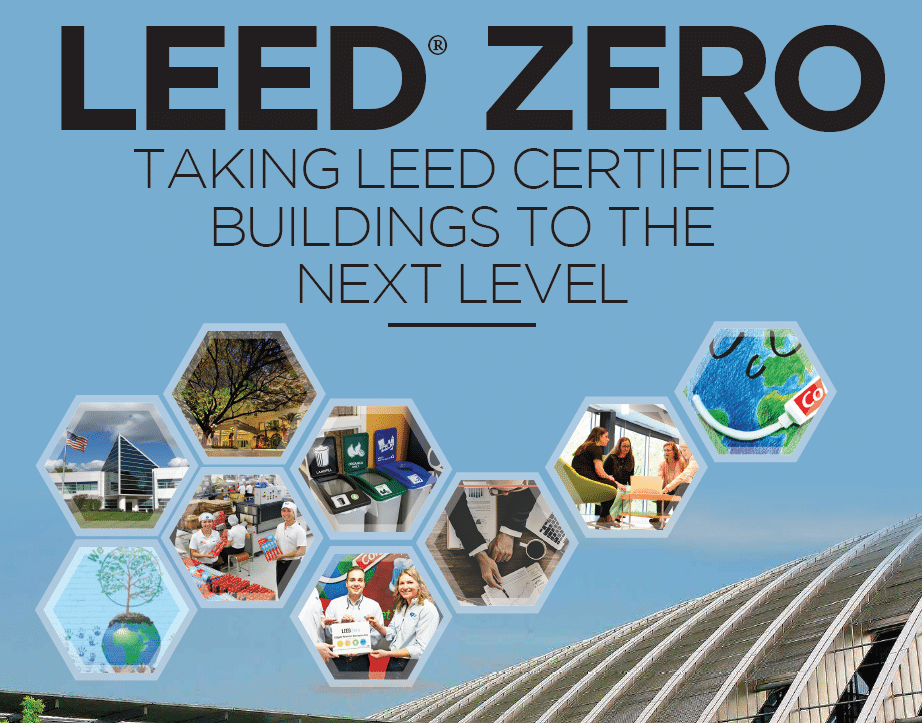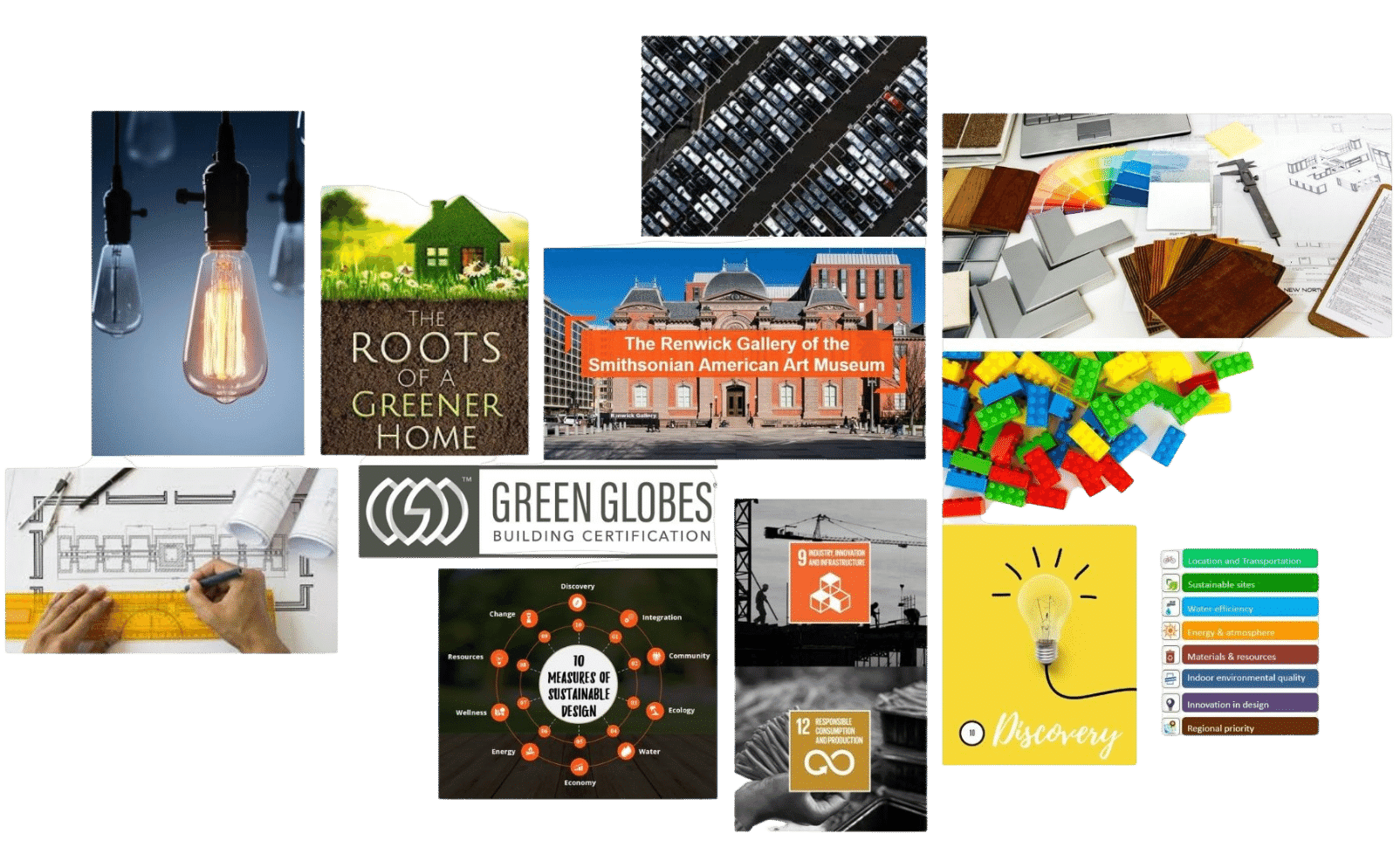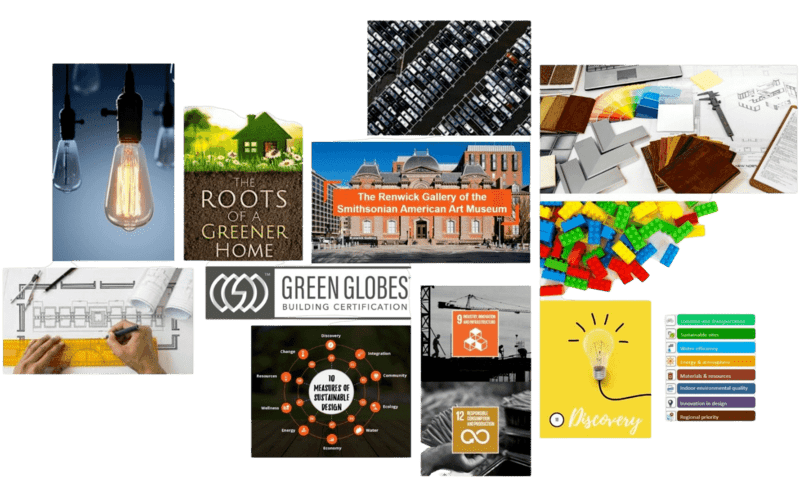LEED Zero, introduced in 2018, recognizes net zero achievements in carbon, energy, water, and waste, further raising the standards for sustainability in the global community. LEED Zero not just another LEED certification—it’s the roadmap to lasting impact. Delve into the program’s details, its ideal candidates, and learn valuable insights from the world’s first facility to clinch LEED Zero in all four categories. This mini course is your key to the next evolution in green building. Discover what LEED Zero encompasses, who it’s designed for, and learn from a case study of the world’s first facility to earn LEED Zero in all four categories: Energy, Carbon, Water, and Waste.
LEED Zero serves as the pinnacle of sustainability achievement for projects that are already certified under LEED Building Design and Construction (BD+C) or LEED Building Operations and Maintenance (O+M) rating systems, offering a roadmap for further reducing environmental impact to achieve net zero goals. LEED Zero is not merely an extension of the LEED certification; it’s a significant step towards a sustainable future in the building industry. In this article course, participants will explore the intricacies of what makes LEED Zero a cornerstone in green building practices. Starting with an introduction to LEED Zero and its target audience, the course delves into the four major LEED Zero programs: Energy, Carbon, Water, and Waste. Through these lenses, participants will gain a solid understanding of the metrics involved in each category. The course caps off with an illuminating case study on Colgate-Palmolive, the world’s first facility to attain LEED Zero certification in all four categories. By the end of the course, participants will be equipped with the knowledge and tools necessary to take LEED-certified buildings to the next level of sustainability.
What you will learn
- Gain a comprehensive understanding of what LEED Zero is and for whom it is designed.
- Differentiate between LEED Zero Carbon and other LEED Zero categories: Energy, Water, and Waste.
- Identify and understand the key metrics involved in each LEED Zero program.
- Examine the Colgate-Palmolive case study to grasp the practical applications and challenges of achieving LEED Zero in all four categories: Carbon, Energy, Water, and Waste.
- Equip yourself with the knowledge and insights needed to incorporate LEED Zero principles into your next building project, thereby advancing the frontiers of sustainability.










